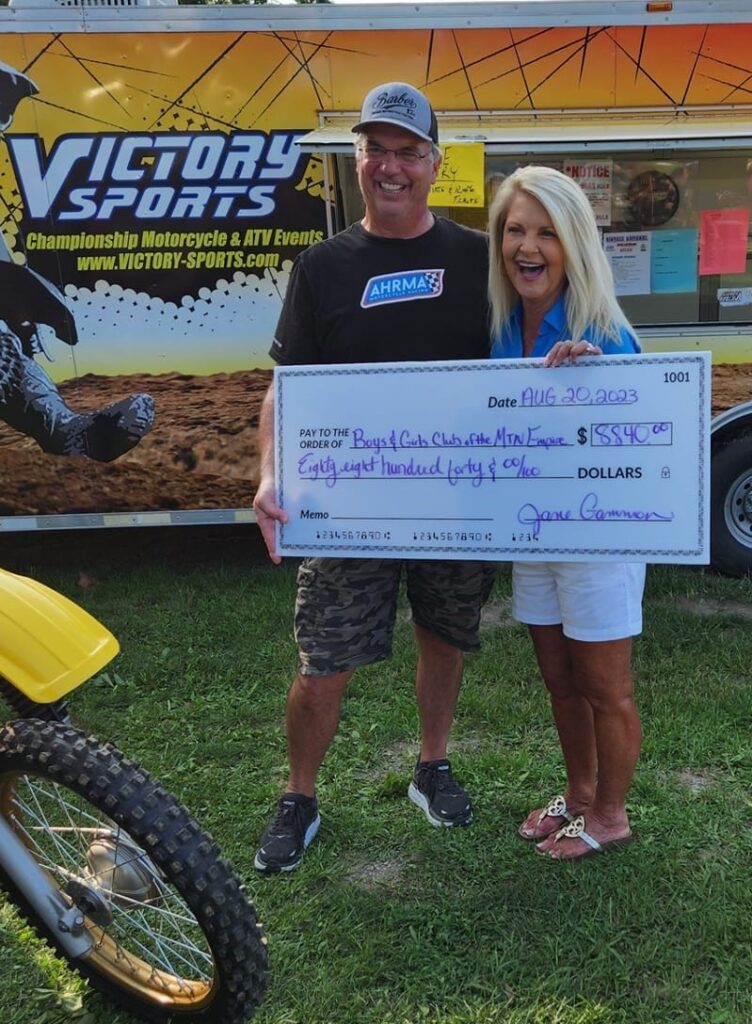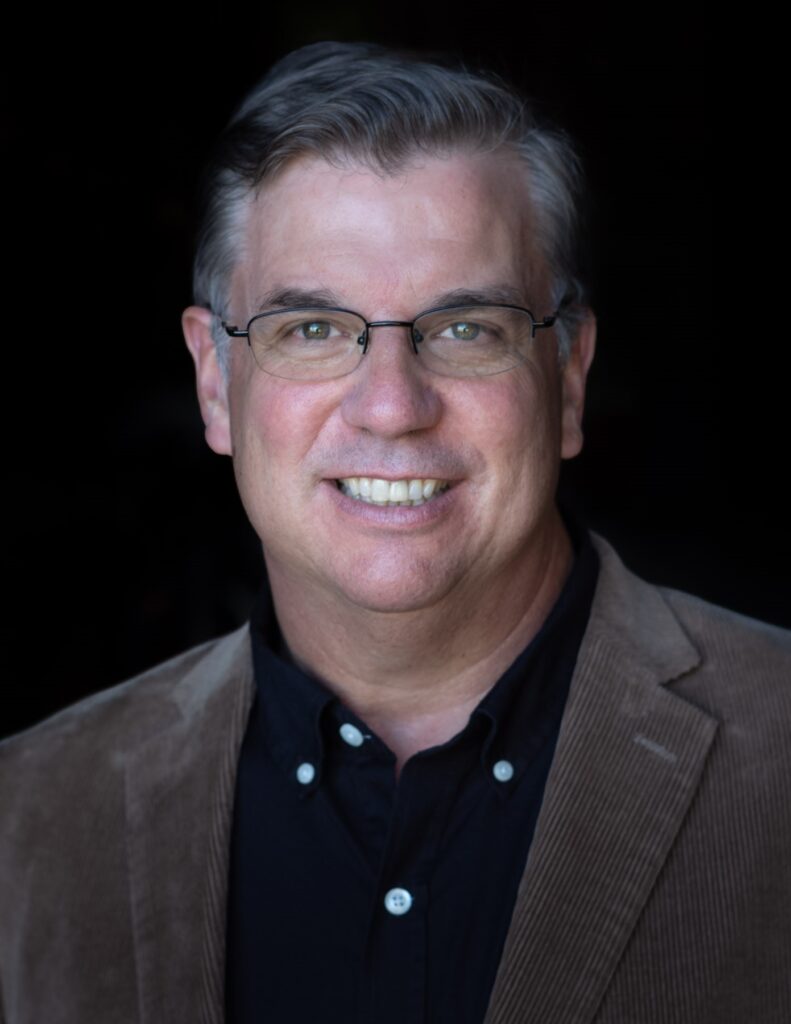By Rick Doughty
Full transparency: I was one of the first members of AHRMA in 1989 or 90. I went on to become a board member and Sportsman of the Year. I exited from the organization circa 2004. I had ruffled some feathers after advocating for changes that were never heeded. I therefore had a front-row seat for much of what I am about to chronicle.
There was a time, in the early 1990’s when vintage racing was sweeping the country, and the American Historic Racing Motorcycle Association (AHRMA) was the premier organization. Their initial focus was only on road racing, but motocross, cross-country, observed trials, and dirt track were soon added. Before long AHRMA’s membership rolls were bulging at the seams.
As with any venture, it is easy to manage when the money is rolling in, and folks are clamoring to be a part of the new trend. The real work starts when “the new” wears off and the day-to-day realities come under more scrutiny by the members/participants. Add to that the natural competition generated by other organizations catering to the same crowd of enthusiasts.
They say “competition improves the breed” but not always. Sometimes, the reaction to competition is to become entrenched in your position or reticent to change. Such was the case with AHRMA. The management saw the organization as the 800lbs gorilla and too big to fail. Ironically, the organization specializing in recreating history ignored lessons of the past.
Case in point, the Ford Motor Company sold its first Model T in October 1908. It was a huge success, selling over 10,000 cars the following year. Scarcely, 11 years later, Henry Ford faced a financial dilemma due partly to his ego and arrogance. The burgeoning competition was successful in addressing consumer demands and as a bi-product they were gaining market share. While Ford stubbornly continued with only slight changes to the original Model T. As a result, sales fell over 200K in one year, nearly costing him the company. Had Henry Ford remained intransigent his company would be on the junk heap of failed companies.

Such was the case with AHRMA leading into the 2000s. Ego, arrogance, and a failure to listen to the membership had turned AHRMA into a regulation-heavy entity. Economic factors in 2008 and beyond played a part in the challenges for AHRMA and the country, but at the core was the management philosophy lacked the flexibility to adapt to change. Kind of like the dinosaurs…
With a declining membership, the event participation suffered. The profit euphoria gave way to financial loss phobia. The lack of business acumen was on full display. This is not to say there weren’t smart folks at AHRMA during this time. There certainly was, but they weren’t listened to. As a result, AHRMA was in trouble. Big trouble and they have circled the drain for the past 15 years. Clinging to life with bailouts and loans has only dug the financial hole deeper.
AHRMA needed someone who understood business, finances, and how to keep an open mind with the membership. Since August 2023, that person has been their new Executive Director, Daniel May, 57, from the Chicago area.
While May had volunteered on various committees he had not been at the helm until a year ago. In that time, the organization has gone from losing significant money annually to showing a profit (or excess over expenses, as it is referred to for non-profits). He has been successful at re-negotiating contracts and cutting expenses for events. Job #1 has been focusing on what makes good financial sense for the organization. It’s hard to argue with success but no doubt some will try.
We recently caught up with Dan May to get an honest assessment of the once-great organization’s current condition.

Motobilia: So Dan, what did you do to deserve this? By that, I mean taking on a failing organization.
Dan: (After appropriate chuckles) I want to see the community that is AHRMA continue, and if I can be a part of the team to save it, great. I have a good team of folks I work with in particular, Ed Roman, who does a lot of the heavy lifting on the off-road side of our operations.
Motobilia: So what did you do before becoming Executive Director?
Dan: I was in the financial services industry. I developed software for trading on the stock market. I built the company up and sold it.
Motobilia: How long have you been a motorcyclist?
Dan: In 1971 my Dad came home from J.C. Penney with a Benelli trail bike, I was hooked on anything with an engine from then on. I spent some time racing go-karts as well but nothing compared to motorcycles.
Motobilia: What were your first impressions of AHRMA and how did those change over time?
Dan: I thought they put on great races and tried hard to cater to as many different classes as they could.
After being a member for a while it was clear there was an ideology with some folks.
Motobilia: What do you mean by ideology?
Dan: Certain individuals were only interested in preserving the era(s) that were significant to them or the motorcycles they raced. I tended to look at vintage racing as more far-reaching than my personal niche. I think the term “vintage” is relative to each of us and it will move along as time goes by. To stay confined to one particular era is a recipe for extinction. The Model T club is a great example. It was much larger than it is today but many of the members are too old to participate. AHRMA is at risk of the same fate if we do not recognize newer eras and newer bikes.
Motobilia: Interesting that you mentioned the Model T club. I cited the same concern when I was a trustee. What else do think contributed to down turn of AHRMA?
Dan: I am sure it was a number of things but there was a “festival mentality” that was pervasive at the management level and it burdened the organization with heavy financial losses.
Motobilia: Festival mentality? Please explain.
Dan: After the success of Mid-Ohio Vintage Motorcycle Days and The Barber Vintage Festival, the board and others were convinced that AHRMA should do vintage festivals around the country. AHRMA is good at putting on races, which are a component of the vintage festival. Promoting a festival is a whole different skill set that we did not have. We also were slow to realize that certain festivals were successful because of where they were held. Regional support is critical. You can’t always reproduce a success in every part of the country. As a result of less-than-stellar festival-style events, we dug a substantial financial hole for the organization.
Subsequent efforts resulted in more debt and then throw in the pandemic and the outlook was pretty grim.
Motobilia: How did end up at the executive level? Did they recruit you or did you volunteer?
Dan: Well, things were going south pretty quickly, and they needed someone to step up and try and right the ship. I raised my hand, so it was a little of both I guess.
Motobilia: What was job one?
Dan: Stop the hemorrhaging and start re-organizing finances, people, events etc…
Motobilia: You have only been at it for a year but how is it going?
Dan: Well, we went $350K in the hole in 2022, by year’s end we were at $50K to the good. $50K is pretty modest for a year but it is a $400K swing in the right direction. We are expecting even better results for 2024.
Motobilia: Aspirations or goals for the future?
Dan: I would like to work with the board to continue on our current trend line. I want to see the organization make a full recovery. After that, I would like to continue into my retirement years working with AHRMA and racing.
Motobilia: What is your Northstar Principle going forward?
Dan: To continue to develop with family-like community that is AHRMA. If we do that, I am confident that folks will be drawn to the organization.
Motobilia: Can we check back with you next year for an update?
Dan: I sure hope so!




